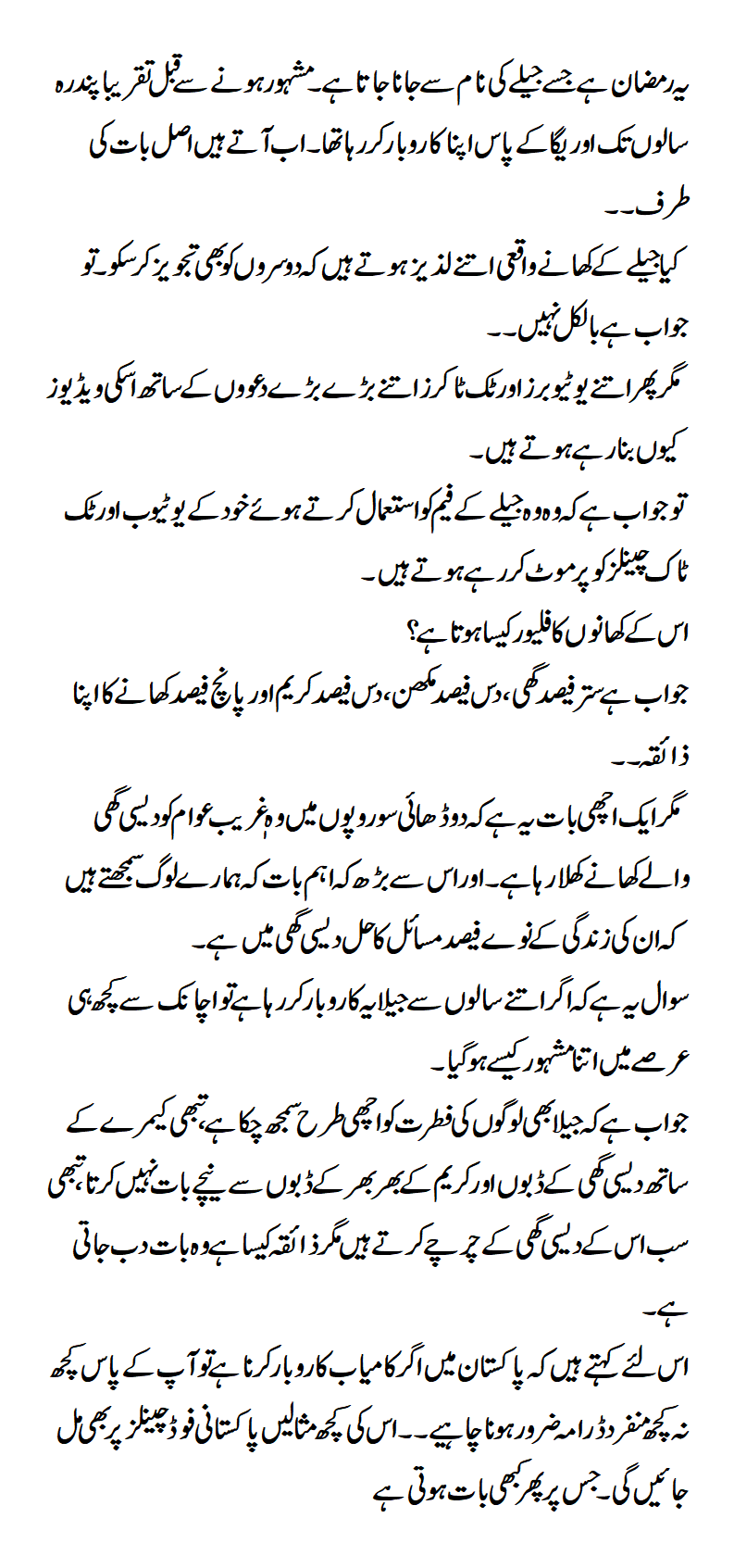Islam is one of the world’s fastest growing religions and observing Ramadan marks one of the five pillars of the faith, yet there is little scholarly focus on the Ramadan experience in psychology or family studies journals (Alghafli et al. 2014a). In this article, based on in-depth, face-to-face interviews with Muslim families living in the United States, we provide a focused look at the utility, meaning, and power of the month-long fast of Ramadan for wives, husbands, and children based on their own firsthand reports. The article appears to be one of the first to closely examine this unique religious practice through the application of qualitative research methods to families.
The month of Ramadan refers to the ninth month of the Islamic calendar when “accountable” (i.e., post-puberty) Muslims fast during daylight hours. Per Islamic law, those who are ill, elderly, pregnant, breastfeeding, menstruating, or traveling are not obligated to completely abstain from food, drink, and sexual activity while fasting, but all other Muslims are exhorted to engage in the Ramadan fast (Alghafli et al. 2014b).
Indeed, fasting during the month of Ramadan is prescribed and exhorted as one of the Five Pillars of Islam—a foundation of the Muslim faith (Alghafli et al. 2014a). Ramadan, for many practicing Muslims, is the most sacred time of the year, a time that is devoted to enriching spirituality in several ways, including reading the Quran, saying additional prayers (salat), and reciting supplications (Ziaee et al. 2006, pp. 409, 411). Islamic teachings are primarily derived from the Quran, and the compilations of the sayings (hadith) of Prophet Muhammad PBUH.
